- Two civilians killed, two injured in junta airstrike on Ramree village
- Bo Nagar’s defection raises security fears for resistance forces in Myanmar’s heartland
- Weekly Highlights from Arakan State (Feb 2 to 8, 2026)
- Freedom of expression curtailed in resistance-controlled areas, report finds
- Conflict leaves Arakan’s historic pagodas in ruins as restoration stalls
Some see international court proceedings as fuel for visit of officials and Muslim refugees to Arakan State
The ICJ earlier rejected junta requests to submit a counter-memorial in February 2024, and the regime is set to submit it on May 24.
05 May 2023
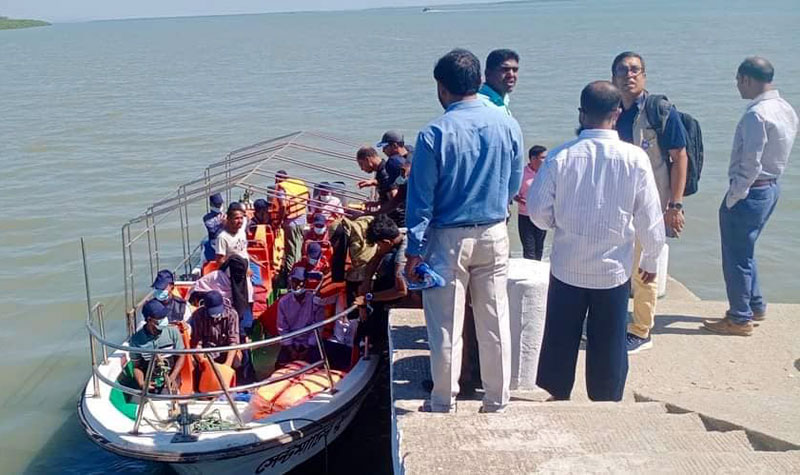
DMG Newsroom
5 May 2023, Sittwe
At the invitation of the Myanmar military regime, a group of Bangladeshi officials and 20 Muslim refugees arrived in northern Maungdaw in Arakan State Friday morning, and looked around Taungpyo Letwae, Nga Khu Ra and Hla Poe Kaung transit camps.
The invitation came a few weeks before the Myanmar regime was scheduled to submit a counter-memorial to the International Court of Justice (ICJ).
“The regime was scheduled to submit a complaint to the ICJ on May 24. So, they have invited refugees to transit camps. They want to give the impression to the international community that they are taking care of the Muslim issue,” said Ko Aung Myaing of Kutupalong refugee camp No. 7.
Gambia, on behalf of the Organization of Islamic Cooperation, filed a lawsuit in 2019 against Myanmar at the ICJ, accusing the Southeast Asian nation of committing genocide against Muslims in 2017.
The ICJ earlier rejected junta requests to submit a counter-memorial in February 2024, and the regime is set to submit it on May 24.
Those who visited transit camps in northern Maungdaw are not representatives of typical Muslim refugees, but Muslim refugees themselves who have registered to return to Myanmar.
A Muslim refugee who asked for anonymity said: “The regime is doing so because of the trial at the ICJ. We have no trust in the regime. And we are not on the list of potential returnees.”
Muslim refugees have demanded that they be granted citizenship and guaranteed their safety, and allowed to reside in their original places and travel freely when they return to Myanmar.
“Conditions in Myanmar’s Rakhine [Arakan] State are currently not conducive to the sustainable return of refugees,” said the United Nations Office for Coordination of Humanitarian Affairs in March.
More than 700,000 Muslims were forced to flee into Bangladesh in the Myanmar military’s counter-insurgency operations that followed the Arakan Rohingya Salvation Army’s attack on border guard police outposts in Maungdaw in 2017.




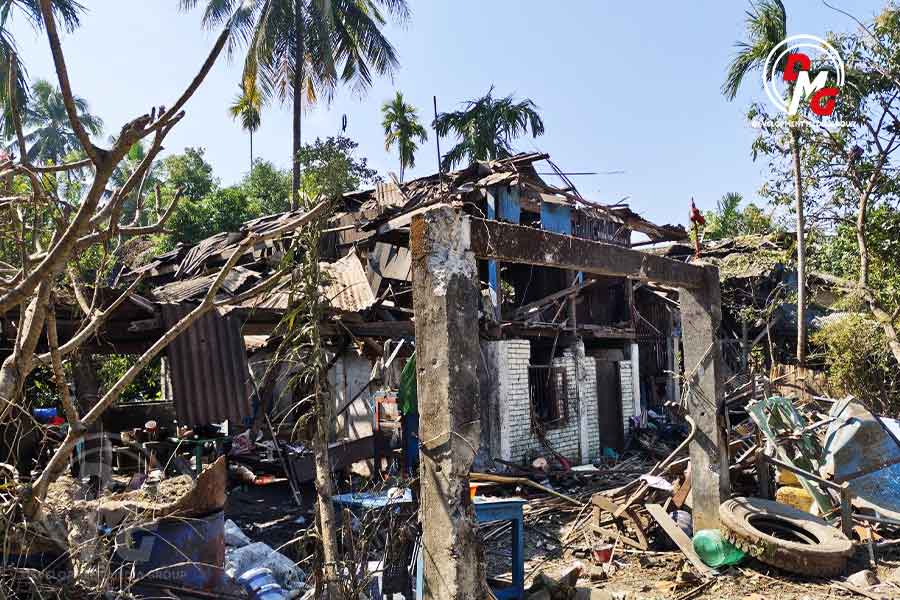
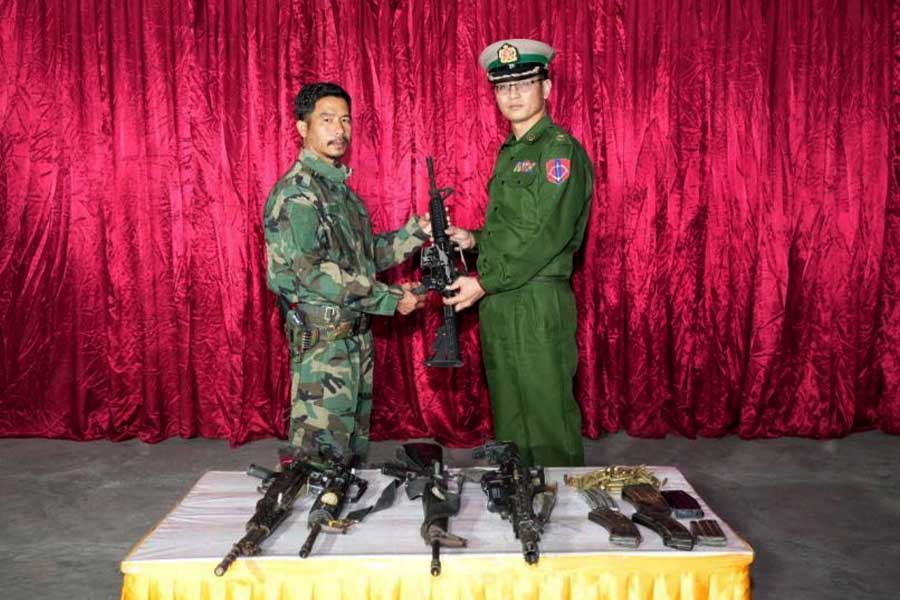
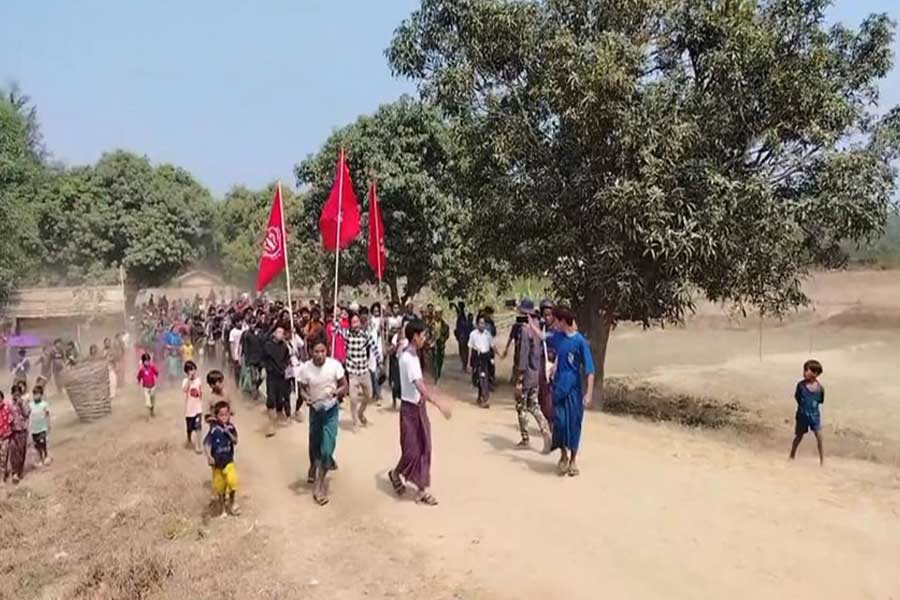
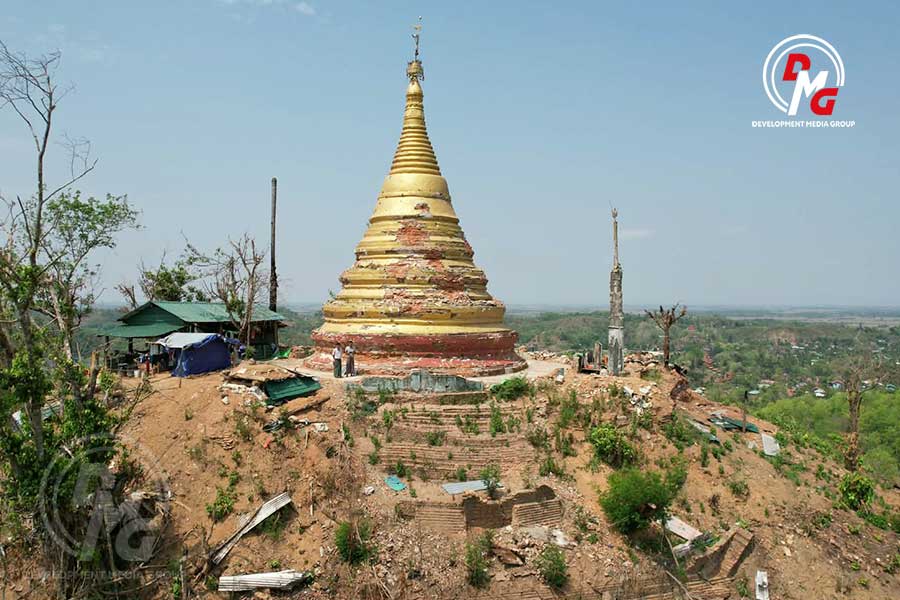
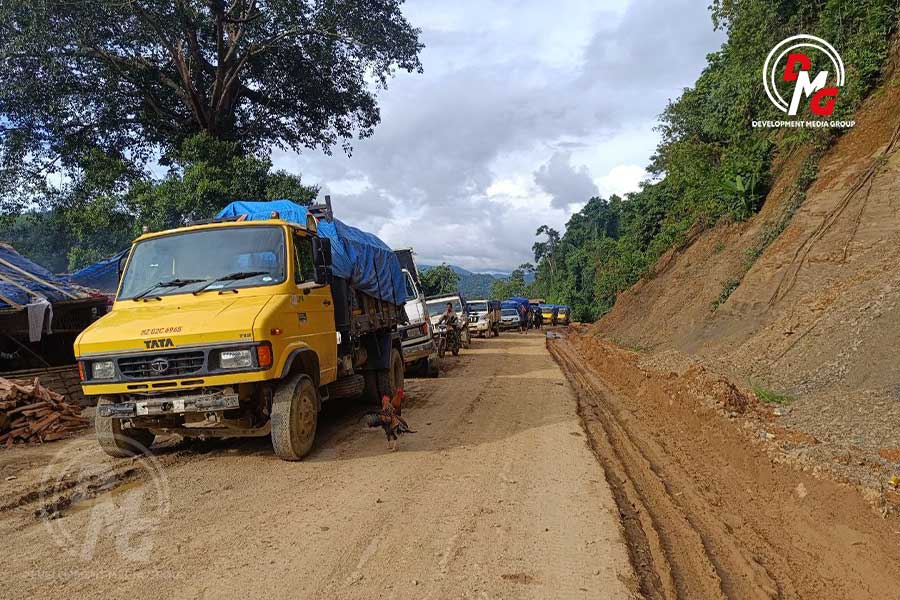







.jpg)
